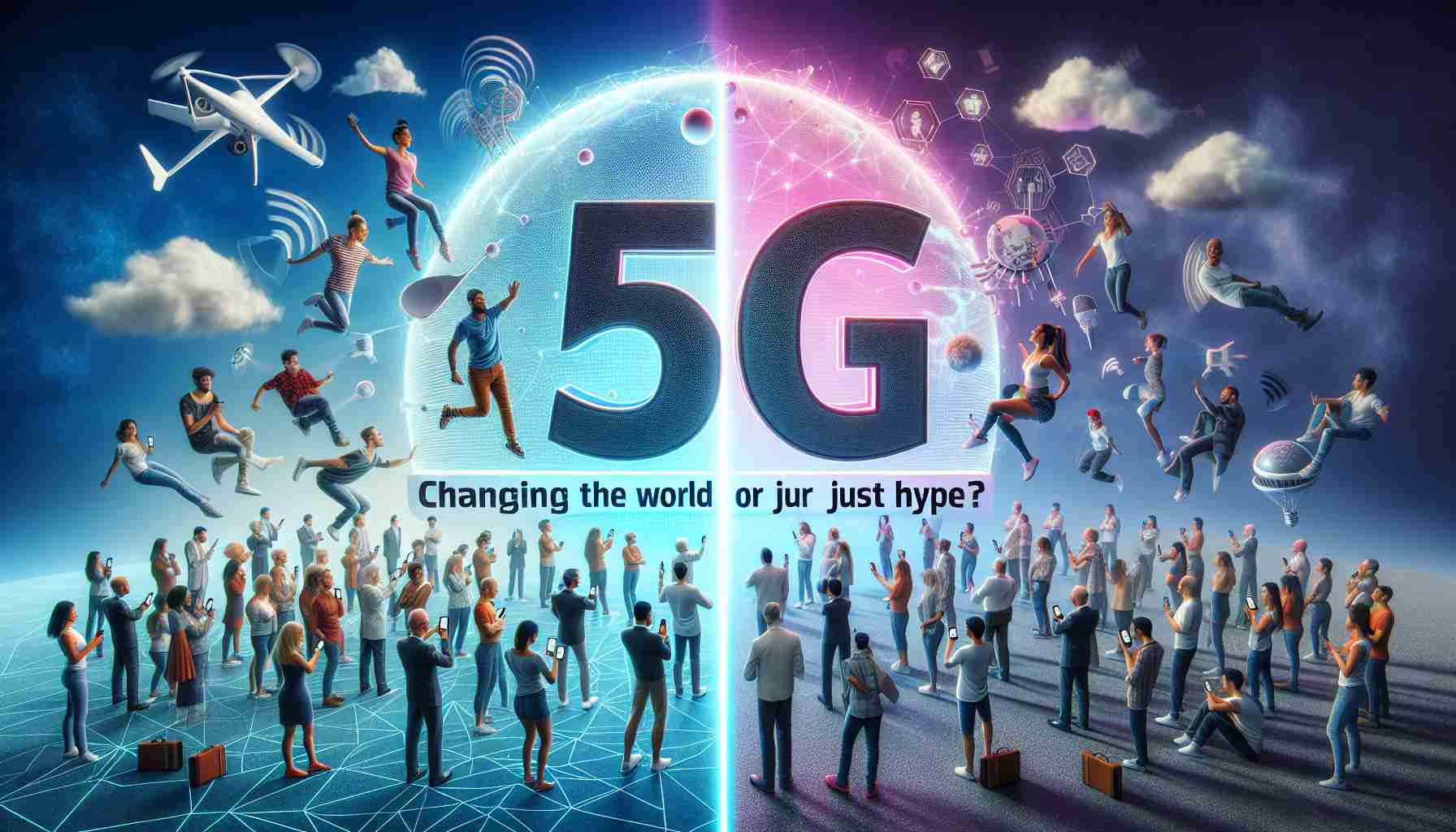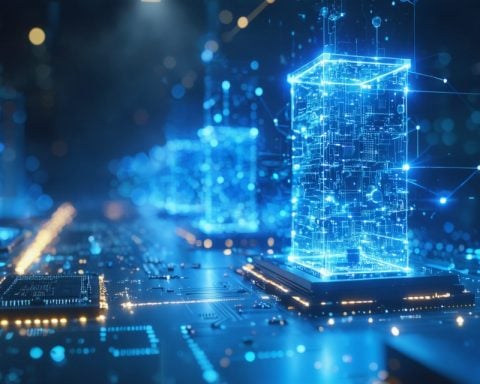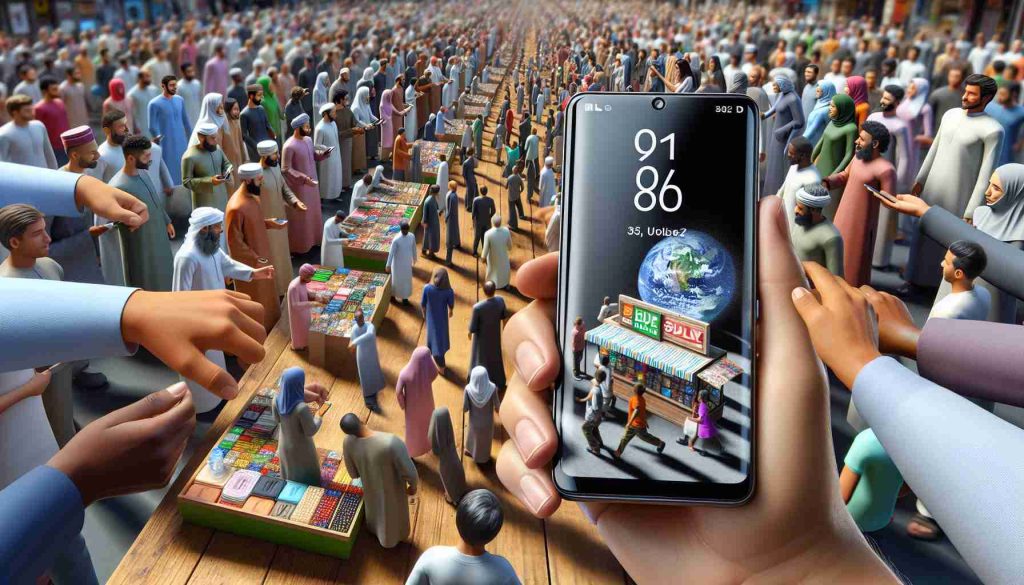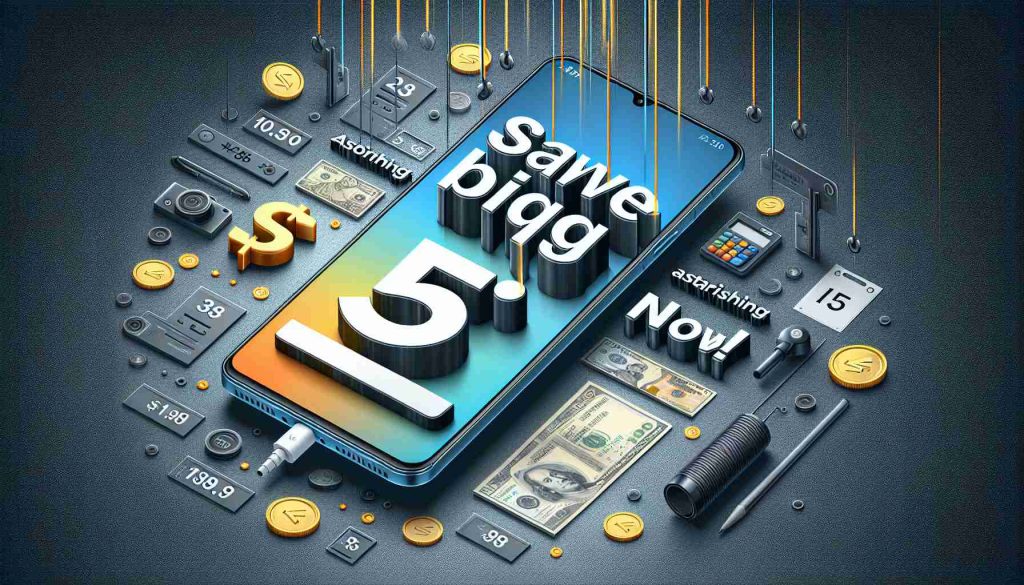The deployment of 5G technology heralds a transformative era in smartphone experiences, yet it also raises intriguing questions about real-world benefits beyond faster download speeds. While 5G networks promise reduced latency and enhanced connectivity, the extent to which they will redefine everyday smartphone usage remains a hot topic within technological circles.
Unmatched Speed and Connectivity
5G is not just about speed; it represents a paradigm shift in connectivity, supporting unprecedented data exchange rates. These capabilities open doors to enhanced virtual reality (VR) experiences and real-time interaction applications, fundamentally altering how we engage with digital content. Imagine seamless VR conferencing from your smartphone, ushering in a new dimension of remote interaction.
The Question of Infrastructure
While the potential is clear, the rollout of 5G also poses infrastructure challenges. The technology demands a denser network of antennas and base stations, necessitating substantial investment from telecom companies. This intricate web of infrastructure must be in place to ensure consistent performance, particularly in rural or less densely populated areas.
Impact Beyond Consumers
Beyond consumer applications, 5G is set to revolutionize industries, including healthcare and transportation. Its low latency and reliable connections may empower innovations such as remote surgeries and autonomous vehicles. Consequently, 5G could do much more than enhance our smartphone era, creating ripple effects across various sectors.
As the 5G era unfolds, it prompts the question: Is this the dawn of unprecedented connectivity, or merely another step in the evolution of communication technologies?
5G: Revolutionizing Society or Just Another Tech Hype?
Security Concerns and Health Implications
As 5G continues to expand, concerns about its potential risks to individual privacy and health are sparking heated debates. Increased connectivity means more data is generated and transmitted, raising questions about data privacy and security. How are telecom companies protecting this vast sea of sensitive information? While advancements in encryption technologies are promising, the cybersecurity landscape must swiftly evolve to address potential vulnerabilities. Furthermore, health implications due to prolonged exposure to 5G’s higher frequency radiation remain a topic of interest, with ongoing studies exploring its long-term effects.
Bridging the Digital Divide or Widening It?
5G’s impact on communities varies widely. In urban areas, the rollout promises to bring hyper-connectivity and drive economic growth. However, rural and underserved regions risk being left behind as telecom companies prioritize densely populated areas due to return on investment considerations. Can governmental policies and funding bridge this digital divide, or will some communities remain in the technological dark? The debate on equitable access is pivotal as the digital landscape shifts.
Job Creation and Economic Impact
On the upside, 5G deployment presents significant opportunities for job creation. The development of necessary infrastructure, coupled with the advent of new applications and services, may generate jobs across sectors, from engineering to IT support. However, this tech leap also risks rendering certain jobs obsolete, compelling workforce reskilling and adaptation. What strategies can be implemented to balance job creation with the displacement caused by automation and innovation?
As the benefits and challenges of 5G become more apparent, its true potential is a focal point for tech enthusiasts and skeptics alike. As we navigate these complex questions, society must balance optimism with caution, ensuring that the rollout of 5G technology benefits everyone.
For more information on technology developments, visit TechCrunch or WIRED.





















